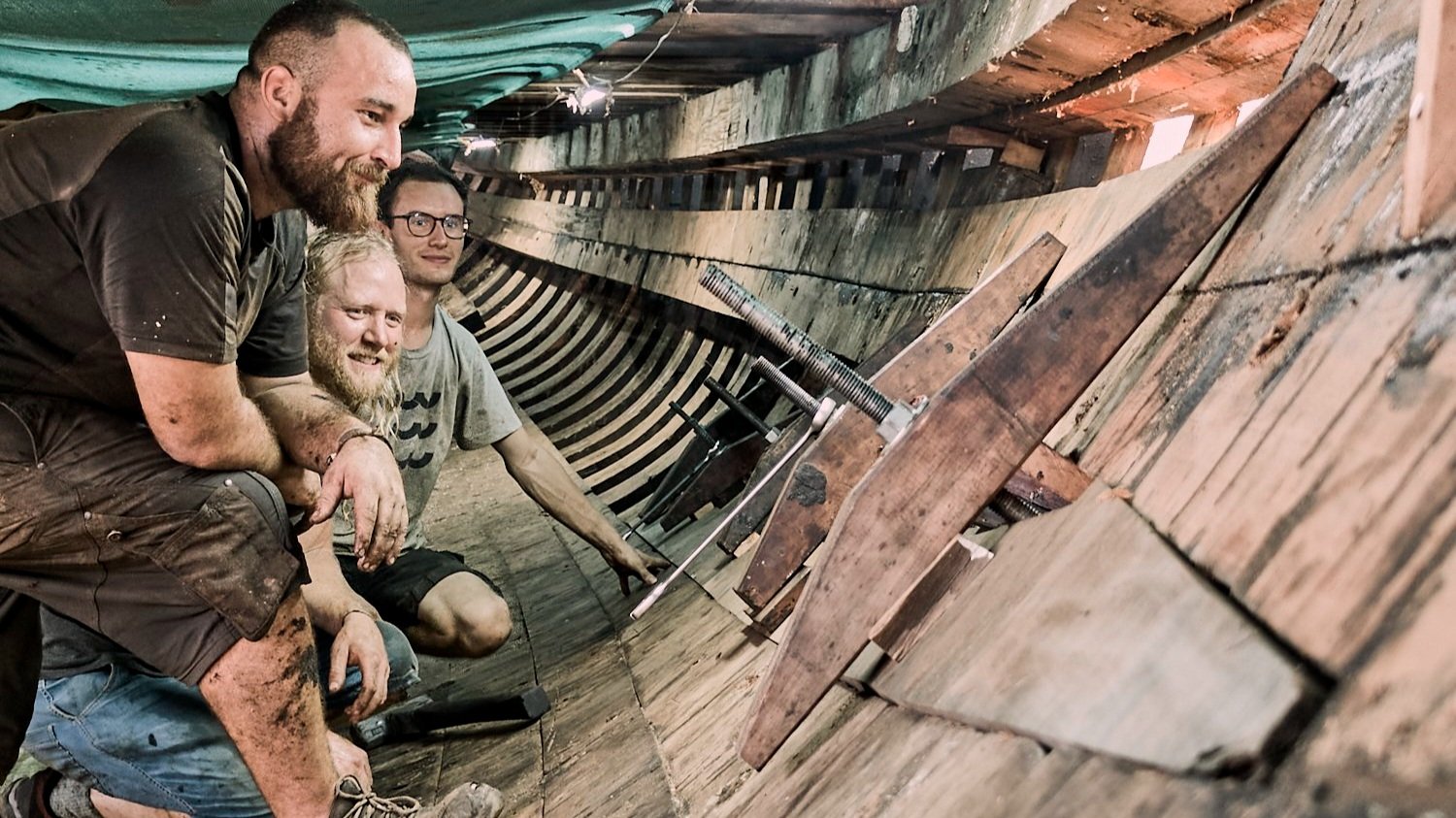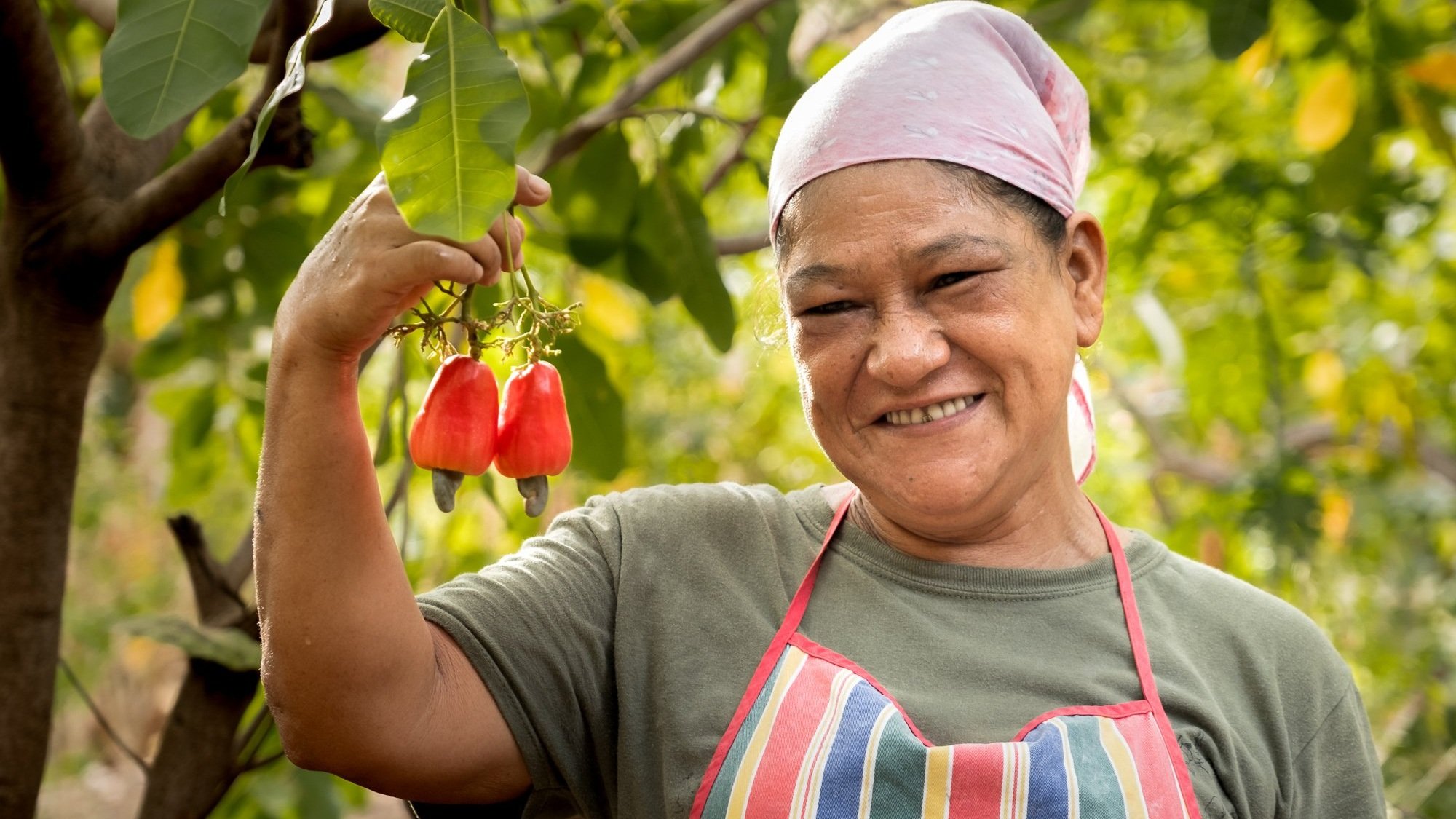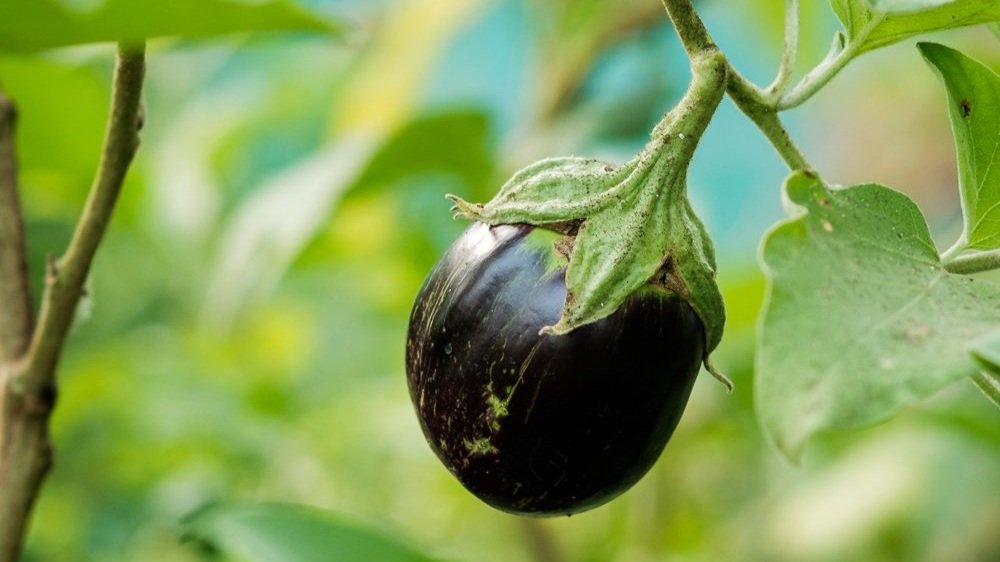
Circular Economy
Our circular economy
The AstilleroVerde “Un-waste” management system takes waste, or rather un-used byproducts, from our shipyard activities and transforms the refuse into usable, beneficial, and even lucrative items. As we develop this concept, we blaze the way towards zero-waste shipbuilding, within a regenerative cycle.
TreesForSeas
Our TreesForSeas tree planting program aims to plant 12,500 trees by the time Ceiba sets sail. As of 2023, over 10,000 trees have been planted by our team; approximately 70% of which are hardwoods that could potentially be used for future ship building, as well as fruit trees and general reforestation species.
Shipbuilding
Shipbuilding and clean ocean shipping are the main focus of SAILCARGO INC., at AstilleroVerde we aim to make this shipbuilding a regenerative pursuit.
Large Offcuts
The largest shipbuilding offcuts are used to build our shipyard infrastructure. The offcuts were mostly turned into floorboards and roof structures for workshops, the shipyard kitchen, and accommodation buildings. Most recently we built Casa Almendra, a dormitory that houses many of our boatbuilding team.
BeatsForTrees
The smallest offcuts are used in the fabrication of musical instruments and artwork, by local artisans through our BeatsForTrees program. Specifically, we make beatboxes and marimbas, the national instrument of Costa Rica. AstilleroVerde sells some of these products, with profits going towards replenishing shipbuilding lumber and other ecological and social responsibility goals.
Smaller Offcuts
Smaller offcuts are turned into furniture for our shipyard and offices. From our kitchen tables to our office desks, and our workbenches to our bookshelves, 100% of the furniture in the shipyard is made from Ceiba’s offcuts.
Biochar
Biochar is produced onsite from any offcuts that can not be used in other applications. The biochar is sold locally for organic agriculture, and all profits go towards replenishing shipbuilding lumber and other ecological and social responsiblity goals.
Firewood
Non-usable offcuts end up in our firewood pile which feeds our kitchen stoves and the steam bending furnace. Our kitchen is an essential part of the shipyard, ensuring all our staff are well fed with nutritious food. Steam from the steam bending furnace allows us to bend large planks into shape for the internal and external ship planking.
Biodigestor
Food scraps from the kitchen are put into a bio-digester unit which was donated to us by HomeViogas Costa Rica. This generates biogas from the food waste which can then be used for cooking.
Grey water
A portion of the grey water from our accommodation buildings is used to extinguish the biochar incinerator, which in-turn is used to ferment micro-organism liquid fertilizer. Sold along with the biochar, the liquid fertilizer is applied to the biochar prior to mixing into the soil, this creates a very effective growing system for use in organic agriculture. All other grey water is diverted into our ornamental pollinator gardens and aquatic plant filtration pond.
Regenerative provisioning
We source our shipbuilding lumber and food from the most sustainable suppliers available. Being truly regenerative means to create a net positive impact on a continual basis, in our community and the areas which supply us. All our food is organic and grown as locally as possible and our lumber is sourced from sustainable forestry providers.
Compost
Our composting department takes kitchen scraps, bio-fertilizers and organic waste and uses these byproducts to generate nutrient packed compost. We use the compost in our gardens and greenhouses, helping to grow more organic fruit and vegetables. We are currently developing the infrastructure to produce and market organic compost from waste produced from the local fishing community. Not only creating income but also addressing the subject of waste processing.
Sawdust
Sawdust and wood shavings are a by-product from our naval carpentry division, when shipbuilding timbers are ‘planed down’ to thickness by woodworking machinery. The shavings are collected and sold locally to farmers and gardeners, all profits go towards replenishing shipbuilding lumber and other ecological and social responsibility goals.
Garden
We have gardens on site in our green shipyard, in additional to our tree nursery ‘Vivero Espavel’. The gardens at the shipyard provide delicious food for the kitchen and a space for wildlife on site. Our nursery provides nearly all of the tree saplings we use in our TreesForSeas program.
Tours
We offer tours of our green shipyard to educate and spread the word about our mission and regenerative practices. The funds from the visits go directly to supporting AstilleroVerde so it is a way to give back while visiting Costa Rica!
Donations
AstilleroVerde is a proud affiliate partner of Amigos of Costa Rica, which is a 501(c)3 organisation, allowing your donation to be eligible for a tax deduction in the United States. We are also very grateful to be supported by donations through Plant for the Planet, a global reforestation initiative. Donations help us to achieve our mission and make real change in our local area.
Motmot at AstilleroVerde
“As a biologist, I see AstilleroVerde as a joyful example of humans and nature coexisting. Dozens of beautiful tropical bird species call the shipyard home; chatty bay wrens nest in the cashew tree, brilliant turquoise-browed motmots keep you company in the treehouse office, and bright pink roseate spoonbills fish at the water’s edge. The mangroves lining the shore are an important and endangered habitat, and the fact that the shipyard is preserving their mangroves makes it a site of great ecological value.”
PhD Ecology and Evolutionary Biology
Monteverde











